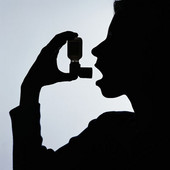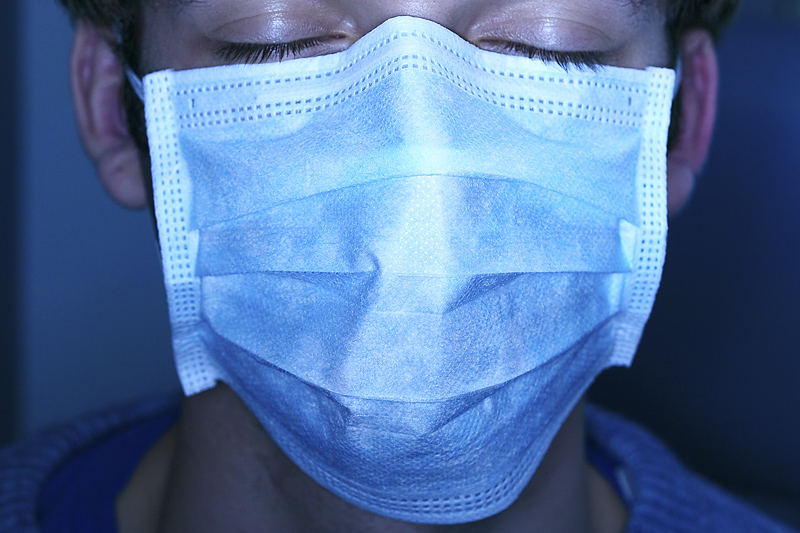
MONDAY, Jan. 20, 2014 (HealthDay News) — Children exposed to secondhand smoke at home or in the car are more likely to return to the hospital within 12 months of hospitalization for asthma, a new study finds.
The researchers said tests of tobacco exposure have the potential to help protect those kids by identifying caregivers who may need help to quit smoking.
“The ability to measure serum and salivary cotinine levels [a marker for tobacco exposure] presents the possibility of an objective measure that can be obtained when a child is seen in the emergency department or in the hospital, and may be used to predict future hospitalizations,” study senior author Dr. Robert Kahn, associate director of general and community pediatrics at Cincinnati Children’s Hospital, said in a hospital news release.
“Such a measure for exposure to tobacco smoke could be used to target specific interventions at caregivers of those children before discharge from the hospital,” Kahn said. “Several interventions, including parental counseling and contact with the primary care physician, could be adopted in clinical practice.”
The study, published online Jan. 20 in Pediatrics, was conducted by researchers at Cincinnati Children’s Hospital Medical Center and Penn State Milton S. Hershey Children’s Hospital.
They examined the results of blood and saliva tests of more than 600 children aged 1 to 16 who were tracked for a year after admission to the Cincinnati hospital for asthma treatment.
Those exposed to smoke, as shown by the tests, were more than twice as likely to return to the hospital for treatment as children without tobacco exposure.
“Of the 619 children in the study, 76 percent were covered by Medicaid,” study author Dr. Judie Howrylak, a physician at Hershey Children’s, said in the news release. “Certainly there could be a financial incentive for insurance companies to help caregivers quit smoking, rather than pay the downstream costs of a future asthma readmission.”
More information
For more about asthma, see the U.S. National Library of Medicine.
Copyright © 2026 HealthDay. All rights reserved.

